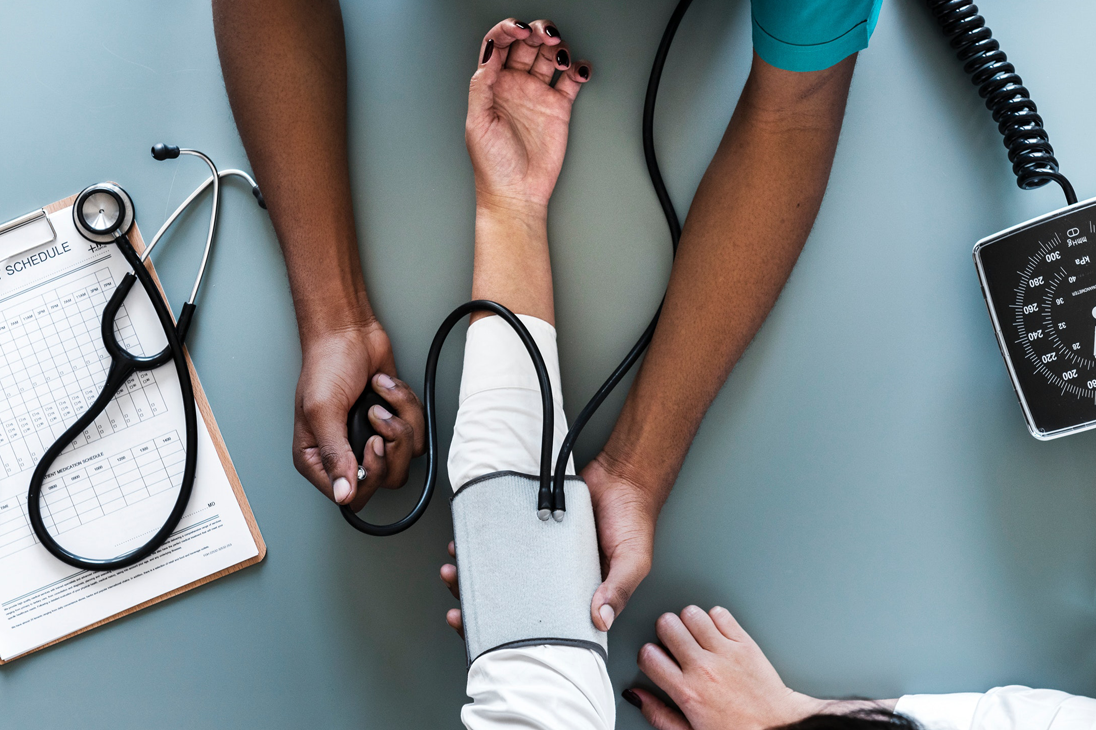A report stemming from NIDS-CRAM wave 1, a project consisting of work by a national consortium of 30 social science researchers from five South African universities. The consortium will conduct the National Income Dynamics Study (NIDS) Coronavirus Rapid Mobile Survey (CRAM) over the course of May – December 2020. The NIDS-CRAM project exists to collect, analyze and disseminate data on a broadly representative sample of South African individuals, and to report on their employment and welfare in light of the COVID-19 pandemic.
The focus of RESEP health research is on the demand side and understanding healthcare from the perspective of the patient. RESEP has invested in training young researchers and developing the first health economics elective for Economics graduate students.

Reports & Policy Briefs: Health
This paper considers how access to public sector healthcare in South Africa have been affected by the COVID-19 pandemic using three sources of evidence: the NIDS-CRAM (Coronavirus Rapid Mobile Survey) and MatCH (Maternal and Child Health) SMS survey together with routine health care utilisation data from the District Health Information System (DHIS).
South Africa’s lockdown in March and April has saved lives by containing the spread of COVID-19 but it has done so at a tremendous social and economic cost. To avoid a second surge and another lockdown, it is vital to prioritise adherence to non-pharmaceutical interventions (NPIs) as a first line of defence against containing COVID-19. NPIs can save lives without having to risk livelihoods. But to have an impact, it requires sufficiently high levels of public adherence.
Burger, R., Christian, C.S., Gerdtham, U.G., Haal, K., Hompashe, D.M., Smith, A. and Schutte, A.E., 2019. Use of simulated patients to assess hypertension case management at public healthcare facilities in South Africa. Journal of hypertension.
Smith, A., Burger, R. and Black, V., 2019. Demand-Side Causes and Covariates of Late Antenatal Care Access in Cape Town, South Africa. Maternal and child health journal, pp.1-10.
Christian, C., Gerdtham, U.G., Hompashe, D., Smith, A. and Burger, R., 2018. Measuring quality gaps in TB screening in South Africa using standardised patient analysis. International journal of environmental research and public health, 15(4), p.729.
Haal, K., Smith, A. and van Doorslaer, E., 2018. The rise and fall of mortality inequality in South Africa in the HIV era. SSM-population health, 5, pp.239-248.
Smith, A., Ranchod, S., Strugnell, D. and Wishnia, J., 2018. Human resources for health planning and National Health Insurance: the urgency and the opportunity. South African Health Review, 2018(1), pp.23-31.




